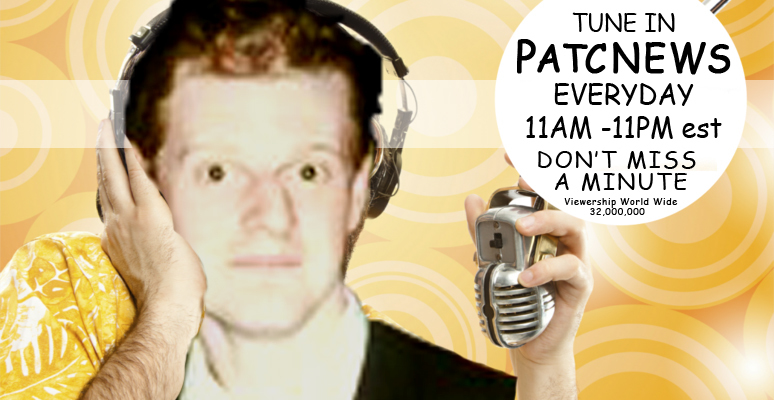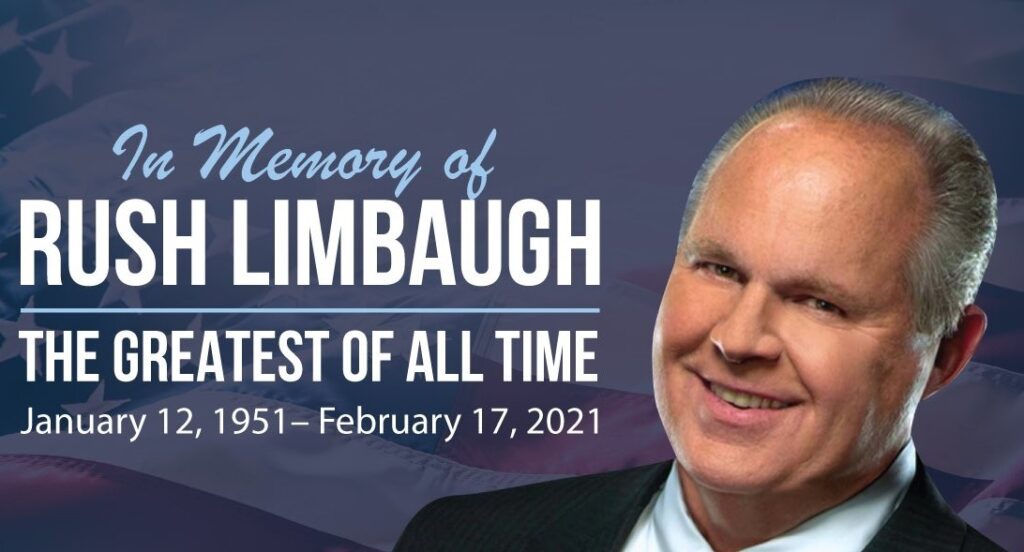
Harris Faulkner On Fox News Honor Tribute For Rush Limbaugh
One year without Rush Limbaugh – 5 lessons he left us on how to handle the left
Of this I am sure, whenever news hits, millions wonder, "What would Rush say?"
It doesn’t seem possible that we’ve weathered an entire year since that bleak day last Feb. 17 when at 12:06 p.m. Eastern the inevitable-yet-shocking announcement was broadcast to the world: Rush Limbaugh had passed away. The radio titan, having lived his threescore-and-10 to the absolute fullest, returned his borrowed talent to God.
It was a devastating gut-punch to us, his "highly overrated" staff, and to his vast listening audience. Our beloved friend would no longer be providing his brilliant, inspiring, often-hilarious daily clarity and reassurance we had all come to cherish over more than three decades.
When Rush was ensconced in his Attila-the-Hun Chair, behind the Golden EIB Microphone, all seemed (ultra) right with the world. Which is why we Dittoheads have dearly missed that glorious voice ever since. Of this I am sure: whenever news hits, millions wonder, "What would Rush say?"
Ron DeSantis speaks on Rush Limbaugh at CPAC: 'One of the first to fight and win against cancel culture’ Video
It’s largely unknowable. Even when we staffers would try to predict Rush’s "take" on some breaking event, we rarely nailed the creative angle or the one-liners that would define the political landscape ever after. Rush’s perspective and analytical gifts were so original they were a colossal audience draw: multitudes across the fruited plain tuned in with that same anticipation, "Oh man, I can’t wait to hear what Limbaugh is going To do with this!" It was always, always worth it.
DAVID LIMBAUGH: GOODBYE, RUSH, MY BIG BROTHER. THANK YOU FOR BEING YOU
But what is knowable is that Rush fought – and won – the same battles against the same leftists who used the same tactics being weaponized against us today. Ten days ago, for instance. As soon as I read the Biden regime’s ridiculous "National Terrorism Advisory System Bulletin" – feverishly warning of the horrors of "misleading narratives" and "mis- dis- and mal-information (hmmm)" – I was brought back in time.
Dateline, June 24, 1994. Aboard Air Force One, then-President Bill Clinton whined to Kmox St. Louis in a phone interview: "After I get off the radio today with you, Rush Limbaugh will have three hours to say whatever he wants — and I won’t have any opportunity to respond, and there’s no truth detector. You won’t get on afterwards and say what was true and what wasn’t!"
He may no longer be on the air, but his example and insights still reverberate.
I’ll never forget Rush’s absolute delight when a few minutes later Kmox sent the Clinton sound bite to the studio. Rocking in his chair with laughter, he instantly responded on air: "What do you mean, no truth detector? I am the Truth Detector!"
Clinton had intended his attack as a devastating way to rid himself of this troublesome critic, but Rush did his usual rhetorical jujitsu, grabbed the weapon and wielded it himself. Less than five months later, thanks to Rush, the Republicans took over Congress after 40 years of Democrat control. And Rush joyfully appropriated the moniker "America’s Truth Detector" for the rest of his life.
This remains a classic tutorial on how to fight the left, how to win and how to have enormous fun doing it. Clinton’s broadside was actually a scripted and focus-grouped narrative to paint a target on Rush’s back. The president rolled out the left’s standard "criticism-is-misinformation" canard followed by a ludicrous "fact-checking" report from FAIR (Fairness and Accuracy in Reporting, ha!), a leftist-funded prequel to Media Matters.
Jesse Watters: Remembering Rush Limbaugh Video
The media mob dutifully piled on, running thousands of stories calling Rush every hateful name in the book. This event really marked the onset of cancel culture, and during his career developed into a cottage industry that attempted to "hush Rush" for over three decades. They never laid a glove on him.
This is a significant portion of Rush’s legacy. He may no longer be on the air, but his example and insights still reverberate. He prepped us, his beloved audience. To mark this somber first anniversary of his passing, here are some of the lessons he left on how to defeat the left:
Hannity honors Rush Limbaugh; 'Hard to wrap my head around' his death Video
1. Know your enemy. Rush’s core mission (besides attracting an immense audience so he could charge confiscatory advertising rates) was to give his listeners an ideological understanding of our political opponents on the left. The left’s handbook never, ever changes.
Page one of Leftism 101: Silence dissent. Everywhere and always. The left has no interest in engaging in the arena of ideas. Liberals despise the very notion of political opposition; that we have time and space in the United States of America "to say whatever we want," as Bill Clinton put it in 1994, ticks them off to no end. Freedom is their greatest nemesis; control of speech is the means to all their ends: accruing power.
They try to label all opposing ideas out of bounds, beyond the pale, fringe – so critics are marginalized, scorned and shunned (hence, their laughable "fact checks" and the lame "mis- dis- and mal-information [MDM]" gambit).
Leftism is built on intimidation and a tissue of lies, to which we are the fact check.
CLICK HERE TO GET THE OPINION NEWSLETTER
2. Reject the premise. Leftist accusations and attacks are based on unstated premises: You are the problem; conservatives are the problem; America is the problem.
Learn to instantly and instinctively turn the tables, as Rush did. Leftists used to call Rush "dangerous." The unstated premise was that being dangerous to liberalism was bad. They expected the accusation would put Rush on defense. But he embraced that he was indeed a threat – to their dominance: "They call me the most dangerous man in America. Know why? Because I am.
Liberals demanded that radio stations carrying Rush be required to provide "equal time" to ensure "balance" to his supposedly unsafe words – to which Rush correctly responded, "I am equal time!"
Mike Huckabee: Members of the media celebrating Limbaugh’s death is ‘unconscionable’ Video
3. Use your power. The left may appear invincible, but it exerts control based on a currency of deception, manipulation, corrupt bargains. The power we have is unassailable, and it is built on invisible things: Truth. Joy. Common sense. Humor. Love. Gratitude. Faith. These qualities answer to a Higher Authority, and the left has no counter to them.
Never forget: we are the many. Rush connected us, his most important bequest to us, and we will never again believe the lie that we are weak and scattered and powerless and fringe. They are the few. Flexing our strengths – especially the power of the truth – drives them into hysterics.
4. Have no fear. Leftists are bullies who are terrified of fearless, cheerful people – who know they’re right. Those who, like Rush, truly grasp the pathetic nature of leftism exude confidence, even glee.
Never, ever buy into the temptation to despair that our situation is hopeless. This is the left’s most oft-used deception, wanting you to pre-emptively surrender without a fight (hello, Republicans). Optimism is an intellectual choice, and good cheer is the blessing that follows. Happy warriors never surrender.
Rush Limbaugh paved the way for new, younger conservative voices Video
5. Stay on offense. Be relentless. Because no moral foundation, the left’s "power" is ephemeral – when fought, it will deflate like a souffle, and come crashing down like the Berlin Wall. Follow Rush’s model and laugh at them every day.
In the same way Rush was "the most dangerous man in America," embrace the truth that we are the most dangerous people in America – to the left. They may at the moment control the institutions, the levers of power, and much of the media, but we have them surrounded. And they know it.
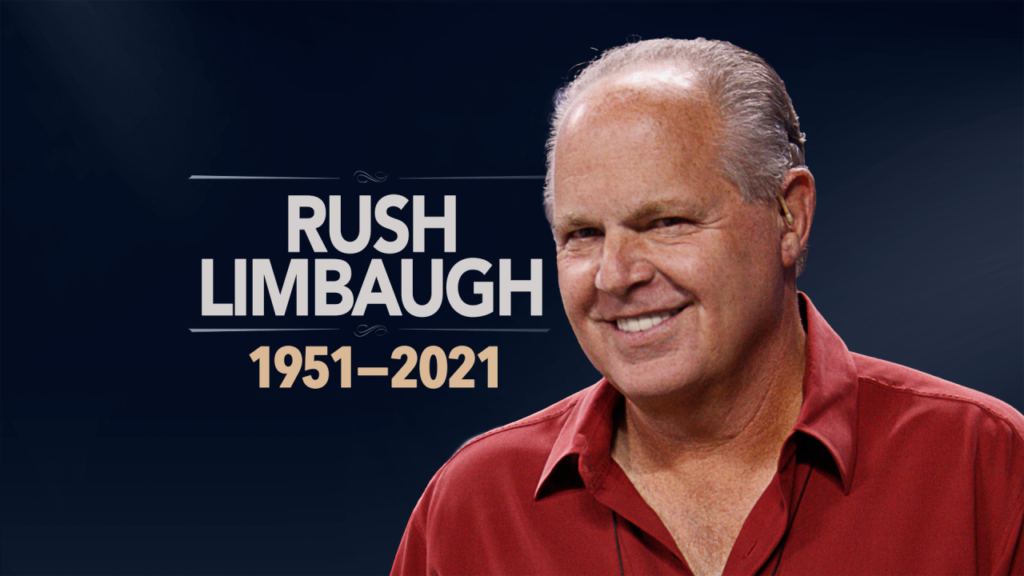
The Rush Limbaugh Letter
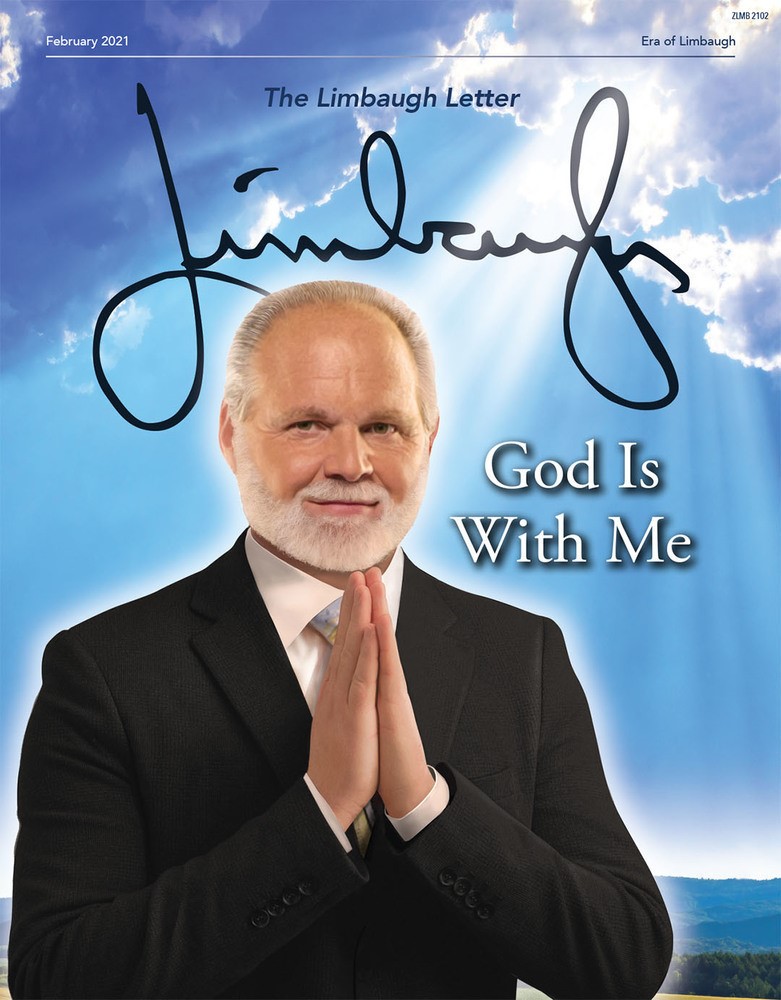
Rush Limbaugh always said, “talent on loan from God”
as he would often say, Rush Limbaugh was an iconic conservative voice for so many Americans for decades.
He cannot be replaced—but his life’s work and legacy will continue.
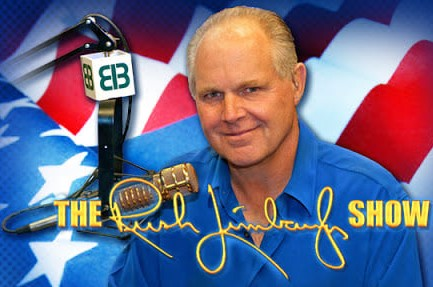
Beginning as a relatively unknown disc jockey at stations in Pennsylvania and Missouri, Mr. Limbaugh saw his star rise quickly after starting a talk show in 1984 in Sacramento, Calif., where he began espousing conservative political ideas during the Republican revolution of the Reagan era. In 1988 he began a new show at WABC-AM in New York that was syndicated nationally on AM and FM stations.
“The Rush Limbaugh Show,” marked by his signature brash and acerbic conservatism, was the most-listened-to radio talk show in the U.S., according to Nielsen Audio, reaching more than 20 million monthly listeners on more than 650 affiliates as of the end of 2020.
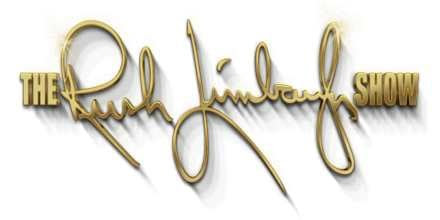
Rush Limbaugh, conservative talk-radio icon and pioneer of a thriving conservative honest news media industry, died Wednesday of complications from lung cancer, his wife, Kathryn Rogers, announced on his show. He was 70 years old.
Mr. Limbaugh told listeners he was undergoing treatment for advanced lung cancer in early 2020. He said later that year that the cancer was stage 4, terminal and progressing after months of several different treatment regimens. At the time he reiterated his intent to continue with his show, despite fatigue and other symptoms.
Ms. Rogers on Wednesday said Mr. Limbaugh had “proudly fought and defended conservative values in a way that no one else can. Rush often stood up and took arrows on his own because he knew it was the right thing to do.”
Rush Limbaugh, whose radio show garnered some 20 million monthly listeners, introduced President Trump at an event together.
President Donald J. Trump became good friends with Rush Limbaugh since 2019
in West Palm Beach, Fla., on Dec. 21, 2019.
Photo: Andrew Harnik/Associated Press


A familiar voice in American media and politics has gone quiet. Rush Limbaugh, the most listened-to radio host in America for 30 years, Passed Away Wednesday at age 70.
We recall how bracing the Rush Limbaugh Show was in its early days. For decades the airwaves had been governed by the Fairness Doctrine, a federal regulation requiring stations to balance “controversial” claims with “contrasting viewpoints.” The rule gave incumbent candidates and mainstream news outlets a near-monopoly on public discourse. Ronald Reagan scrapped the Fairness Doctrine in 1987. By the 1992 presidential campaign, the radio star’s first name was known across the U.S.
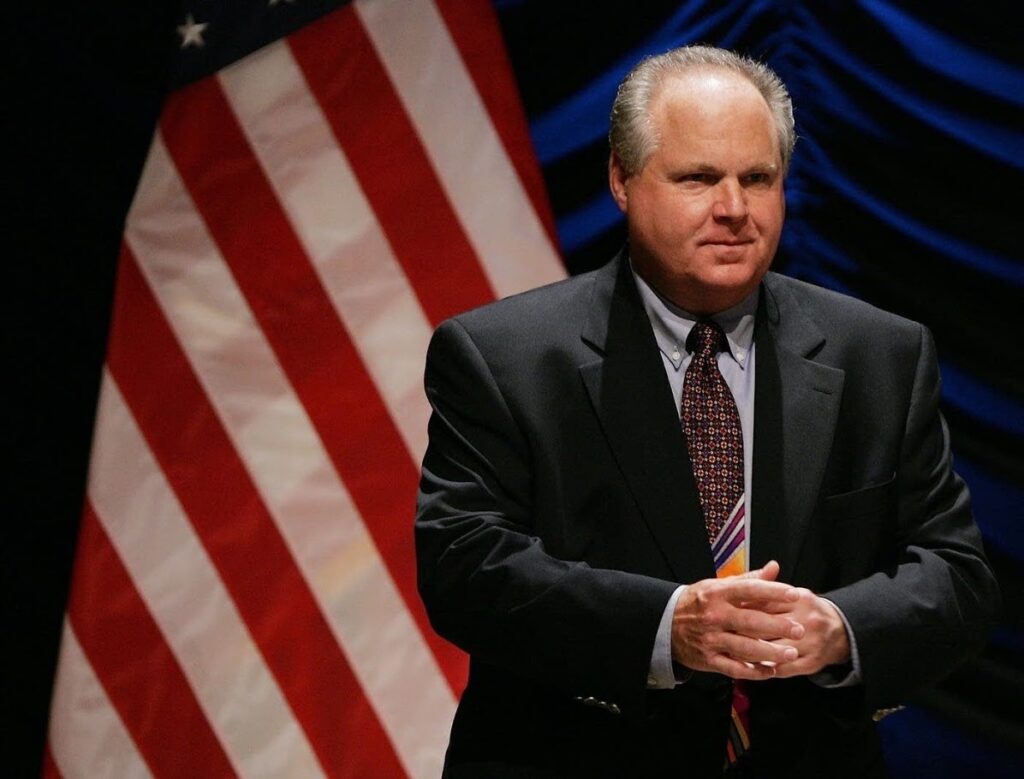
Limbaugh, whose show ran on weekdays from noon to 3 p.m. East Coast time, was invaluable to the conservative movement in the 1990s. He would spend an hour explaining supply-side tax policy or making the case for deregulation. Millions of Americans had never heard a coherent argument against the welfare state or Roe v. Wade until they tuned in to Limbaugh’s show. He played an enormous role in popularizing conservative ideas and policies.
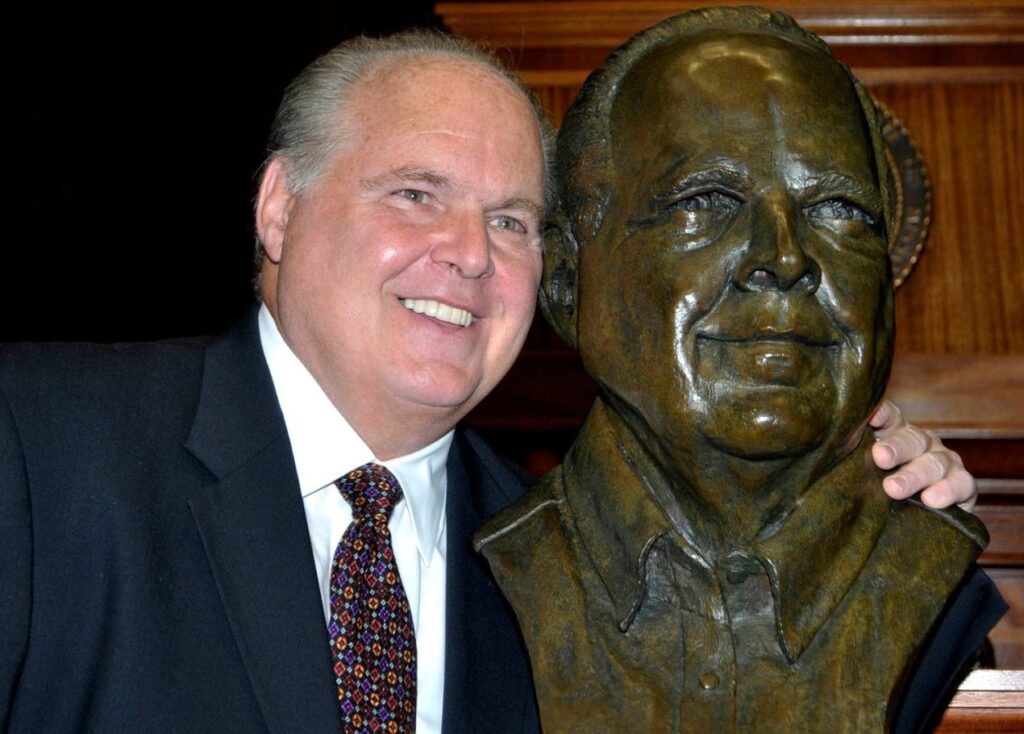

His critics called him a racist and about everything else, which was always unfair. His real offense was to gain millions of weekly listeners by mocking the left’s pieties. He dissected environmental scare campaigns, and he ridiculed the news media for finding epidemics of homelessness only during Republican administrations. In 1994 Bill Clinton called the show from Air Force One to complain about the host’s criticisms—not for the last time blaming scrappy radio hosts for his own political woes.
In recent years, with the rise of more acerbic competitors and a general souring of public discourse, Limbaugh took on a more exasperated tone. He also moved to the Trump campaign the right on issues such as trade, immigration and foreign policy.
